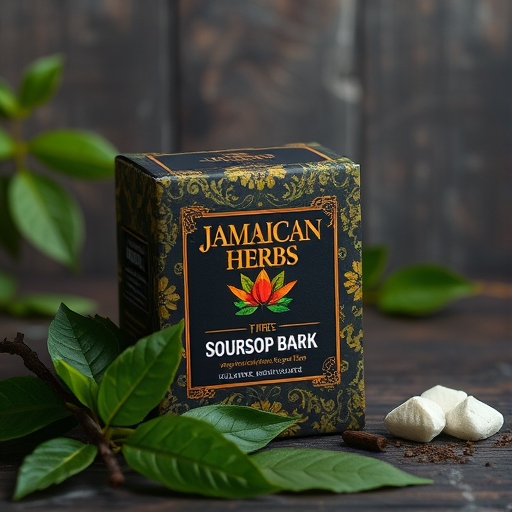Description
Soursop Bark
Experience the natural benefits of Soursop Bark, a powerful herbal remedy traditionally used to support overall health and wellness. Known for its calming, anti-inflammatory, and immune-boosting properties, Soursop Bark is often used to help detoxify the body, support digestive health, and promote relaxation.
Key Benefits:
- Supports immune function and overall health
- Aids in detoxification and cleansing
- Helps reduce inflammation and discomfort
- Promotes relaxation and stress relief
How to Use:
- As a Tea: Boil small pieces of Soursop Bark in water for 15–20 minutes. Strain and enjoy.
- Other Uses: Can be added to tonics, herbal infusions, or used in traditional wellness preparations.
Nourish and relax your body with the natural healing power of Soursop Bark!






Reviews
There are no reviews yet.